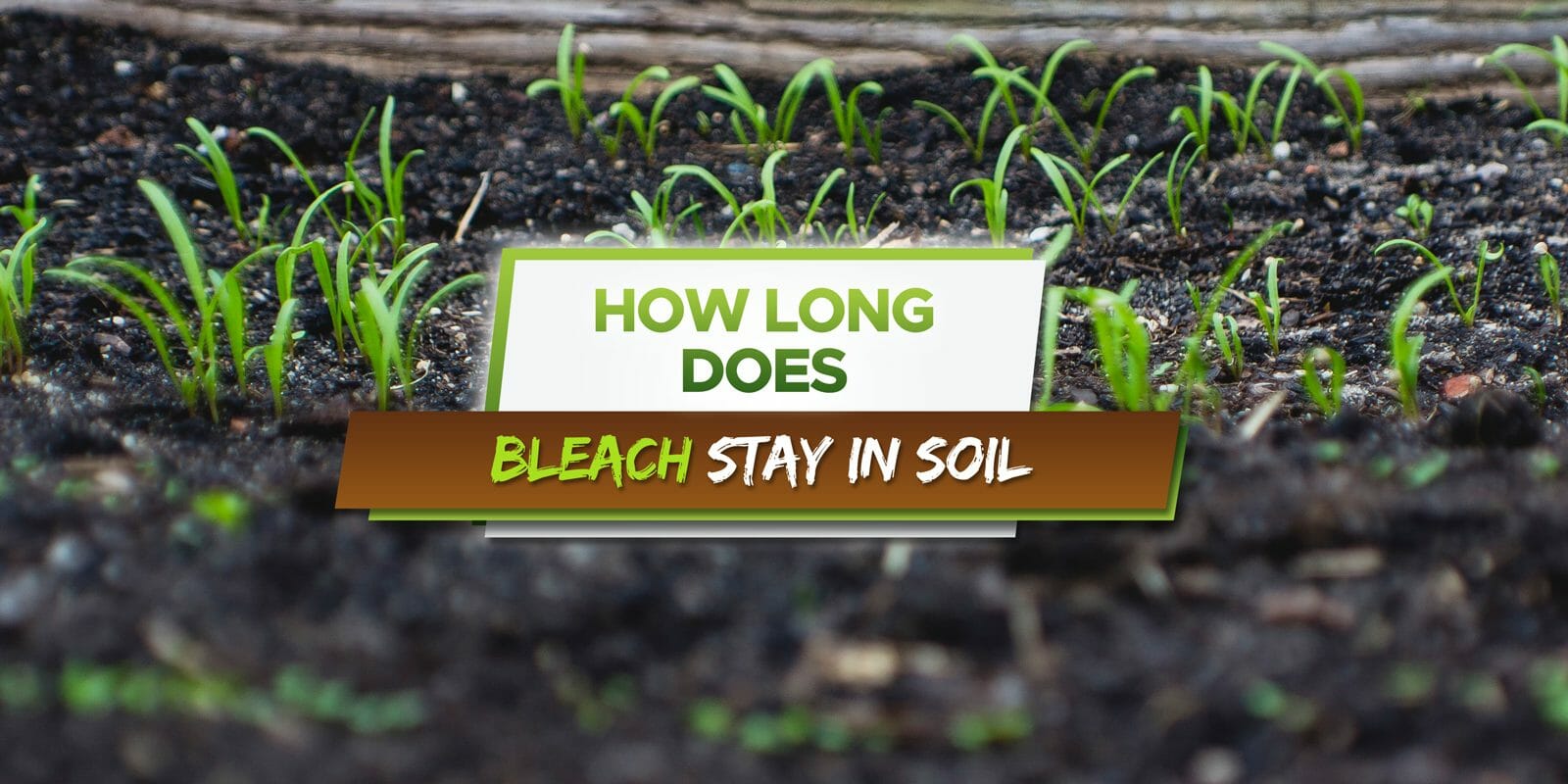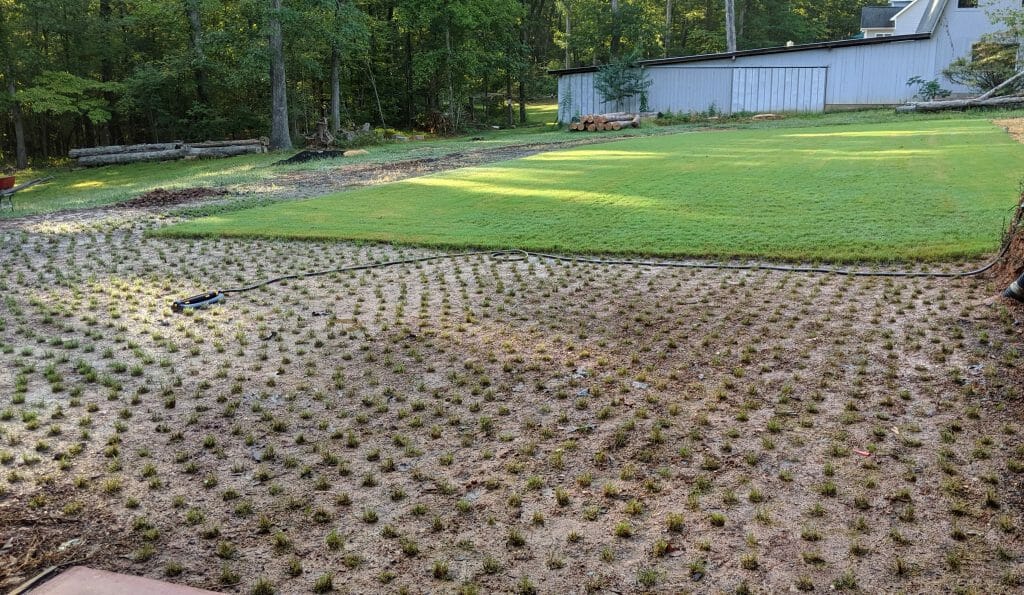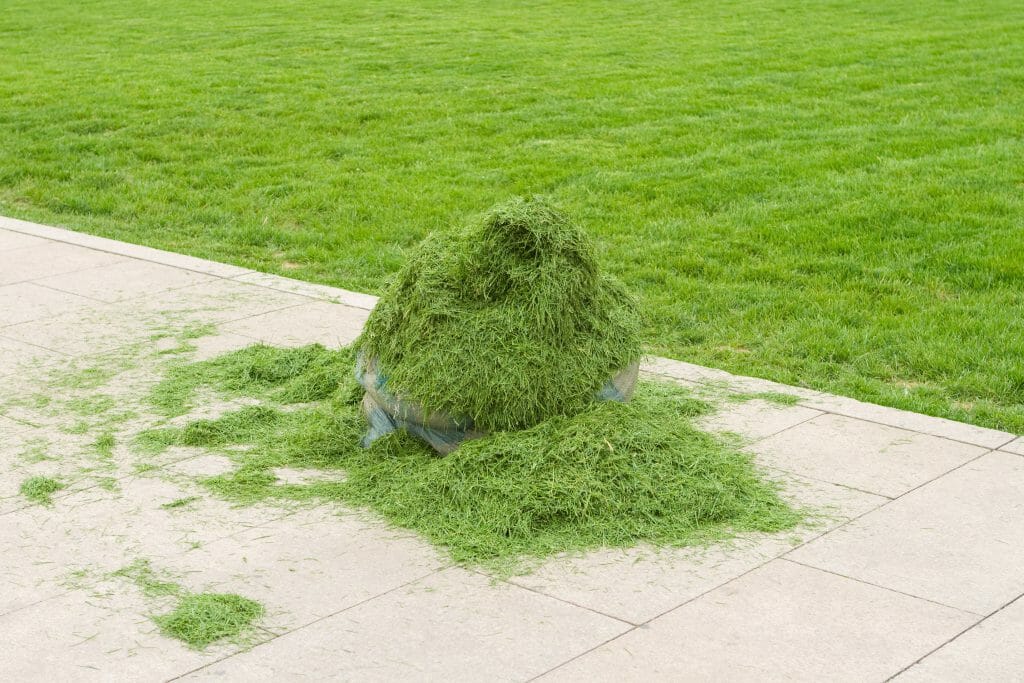
Fungus and weeds are the banes of any gardener’s existence, so it’s only natural that you would be tempted to reach for a strong product like bleach for the solution.
However, using bleach in your garden can be dangerous for plants and soil. So, now that you’ve realized you’ve made a mistake, you will need to know, how long does bleach stay in soil?
Bleach can last up to 6 months in your soil, with most of its potency being lost in the first two days. This is a risky and unnecessary practice that you should avoid at all costs.
We all make mistakes, but hopefully, this is the first and last time that bleach and your garden come into contact. Luckily, there are a few ways to get bleach out of your soil a little faster.
This article is going to explain why some people use bleach in their gardens and let you know exactly how long the bleach will last in your soil.
How Can Bleach Be Used in Soil?
So, before we find out how long bleach can linger in your soil, we first need to figure out why bleach is applied to your garden in the first place.
Bleach is known for its powerful disinfectant properties, which can be harnessed to use against weeds and fungi. Bleach can effectively kill harmful fungi or microbes that attack your plants when applied to garden beds. Some bleach brands even recommend using diluted bleach as a lawn treatment to fend off weeds.
However, even though it is encouraged by many places, bleach can have some very damaging effects on your soil.
When bleach is activated, it releases chlorine gas, killing both good and bad organisms that are key to plant health. Applying bleach wil also raise the soil pH, which makes it harder for plants to absorb nutrients. Both these factors will affect the growth and overall health of your plants.
At the end of the day, the bleach will do the job you want, but it will do as much harm as good. You may have no more fungi or weeds, but now you have some depleted, damaged soil to handle.
All in all, using bleach in your garden is not a practice we recommend as it can cause a lot of damage to your soil and plants.
How Long Does Bleach Stay in Soil?
Bleach can stay in your soil for up to six months, with its highest potency around the first two days as it is broken down quickly by water and the sun.
We know this is a long time but don’t worry, there are two things you can do to try and limit the damage. These will be effective to a certain extent, but it is important that you don’t repeat the bleach treatment.
Even bleach that is labeled as biodegradable will stick around in the soil as it simply breaks down into its base elements, which can damage the soil.
The bleach will naturally break down over time through exposure to water and sunlight. However, If you want to speed up this process, there are a few ways you can neutralize bleach quickly:
- Watering
Diluting the bleach is an excellent way to minimize the damage bleach can cause.
Start by digging over the top layer of soil and letting it dry out in the sun for a while. Then water the area liberally to dilute the bleach and allow some of it to run off. You can repeat this process for a few days if needed.

- Vinegar Solution
Bleach is a basic substance, so it is only logical that it can be neutralized using an acid. That’s where vinegar comes in.
We advise mixing the water and vinegar at a 1:1 ratio and watering the affected area with it. When you are doing this, we recommend using a mask so you don’t inhale any harmful gasses that may be emitted.
Please note: Vinegar and bleach are a hazardous combination that can cause the production of chlorine gas. For this reason, this should only be done outside where the area is open to the air and if you have taken the correct safety precautions.
Unfortunately, the effects of bleach are almost instant, and the main damage will already have occurred on contact. However, you can also use soil amendments and compost to revitalize your damaged soil and add more microorganisms.
Frequently Asked Questions
Is bleach still active after drying?
Yes, bleach is still effective in its dried form. If it is not fully diluted and cleaned off a surface, there is still a chance that it will activate and potentially contaminate your food or cause dangerous chlorine gas if it comes into contact with other cleaning products.
This is especially dangerous if you use vinegar on the surface after you have used bleach.
How do you neutralize bleach in soil?
If you want a quick and effective way to neutralize bleach in soil, you can turn to another chemical; sodium metabisulfite. One teaspoon dissolved in 2.5 gallons of water will be sufficient to treat the problem.
However, this is hard to get hold of and will be slower than using water and vinegar that you already have in the house.
Conclusion
Pouring bleach into your garden can spell disaster for your plants and soil health, and unfortunately, it can linger in your soil for a long time, even as it gets degraded by sunlight and water.
Bleach can stay in the soil for up to 6 months, but the first two days are the most potent.
At the end of the day, our advice is to keep your home cleaning products inside the house and treat your garden with specially designed products.


